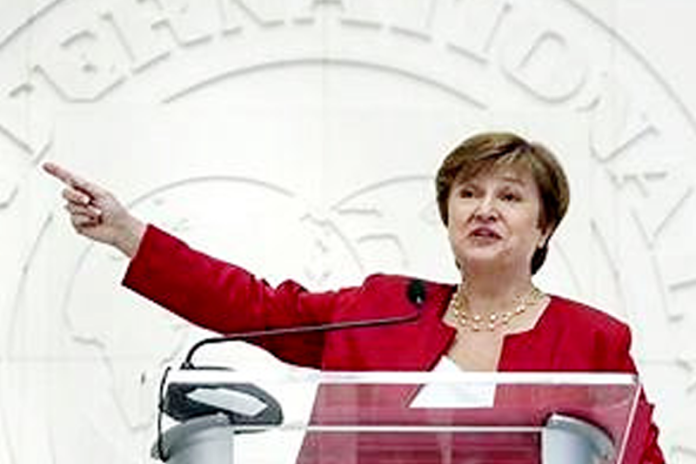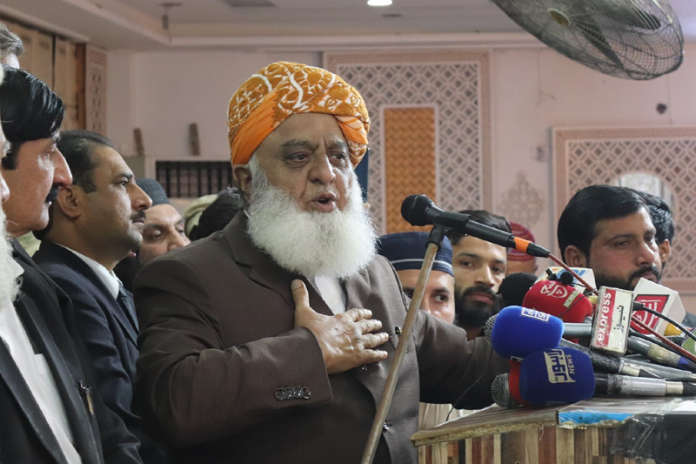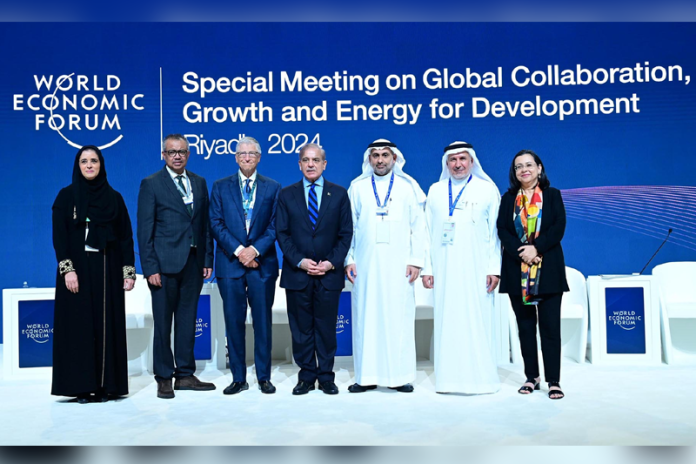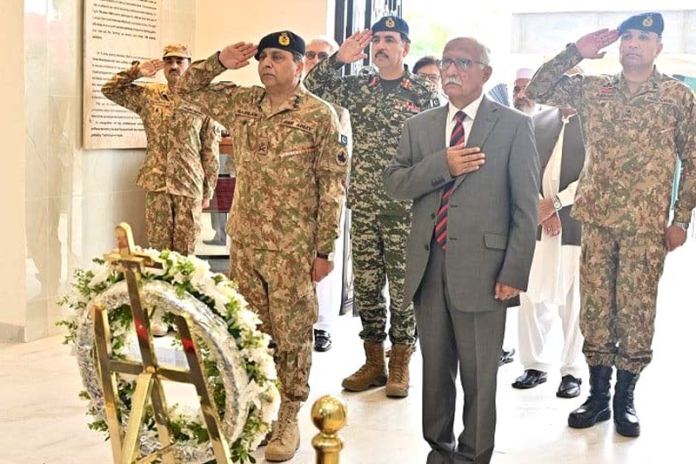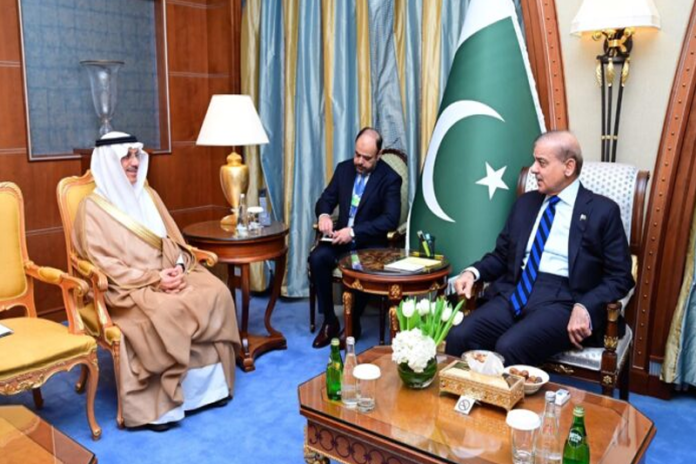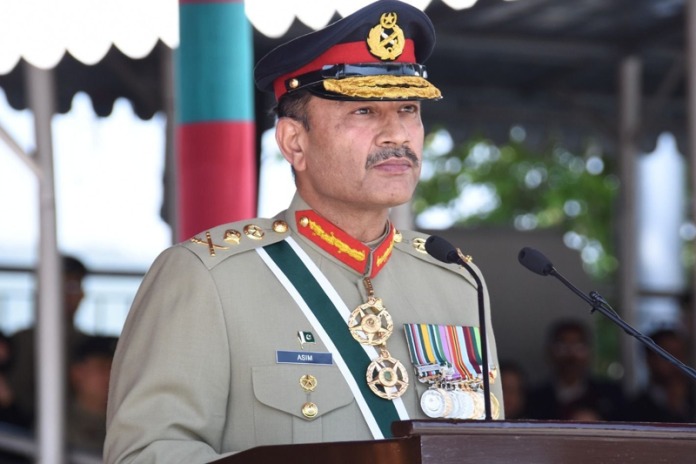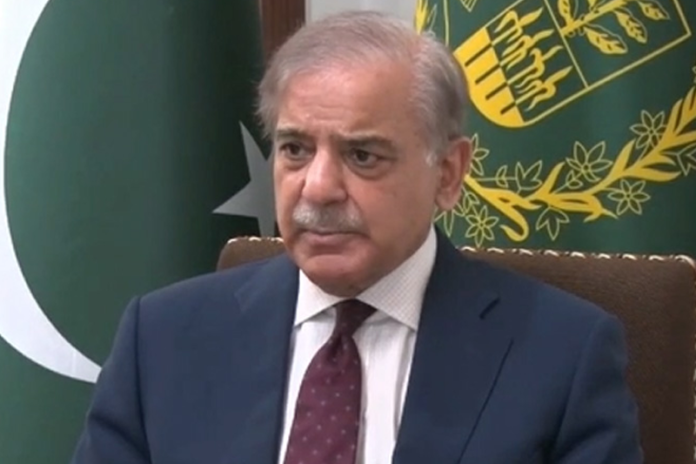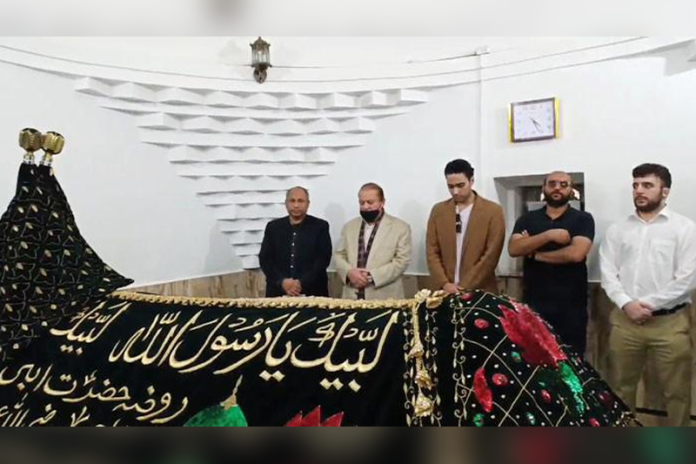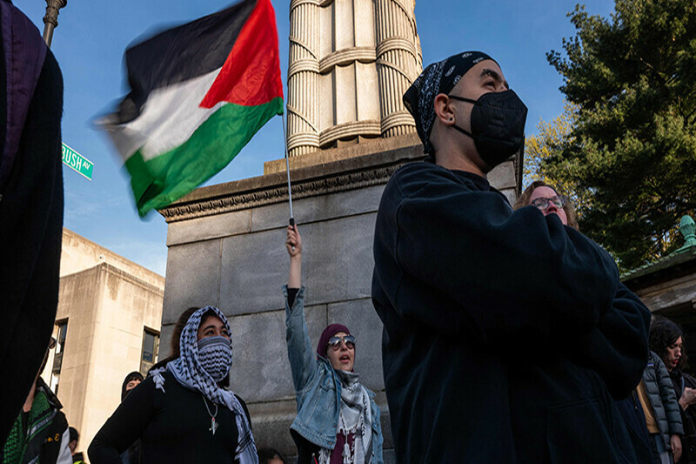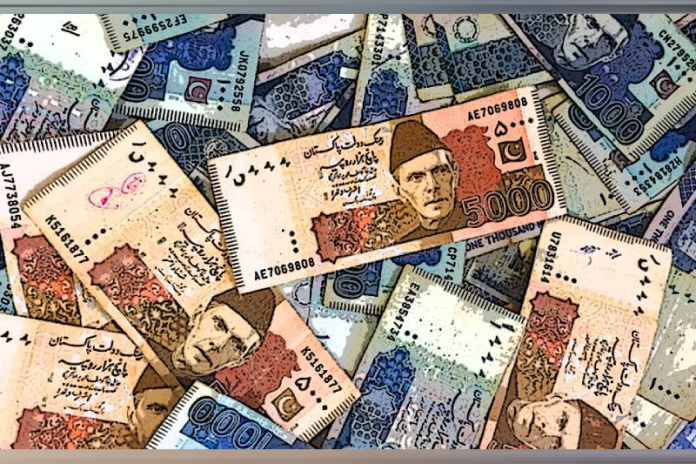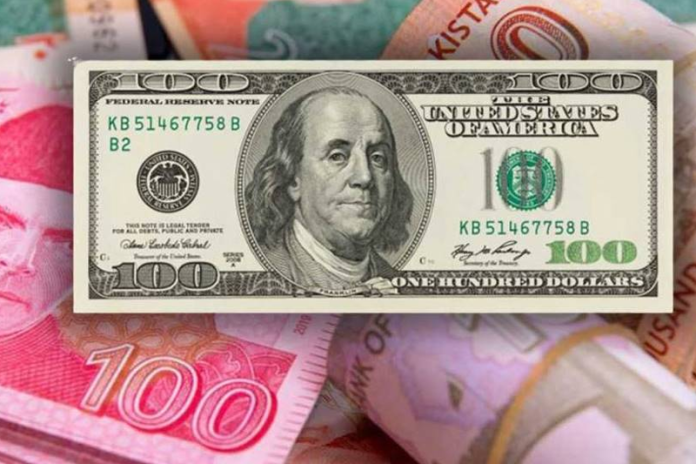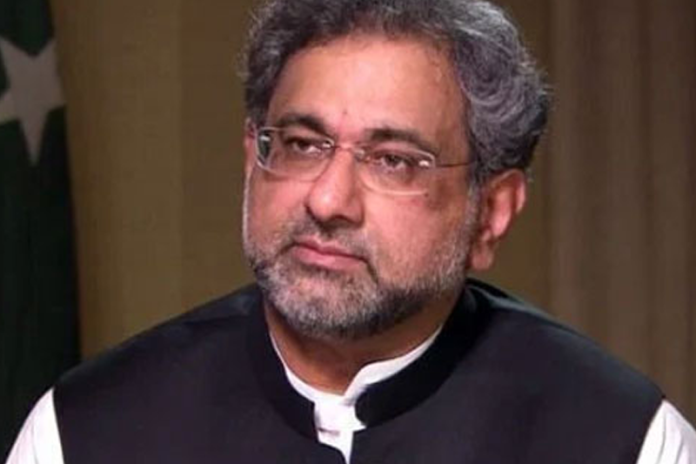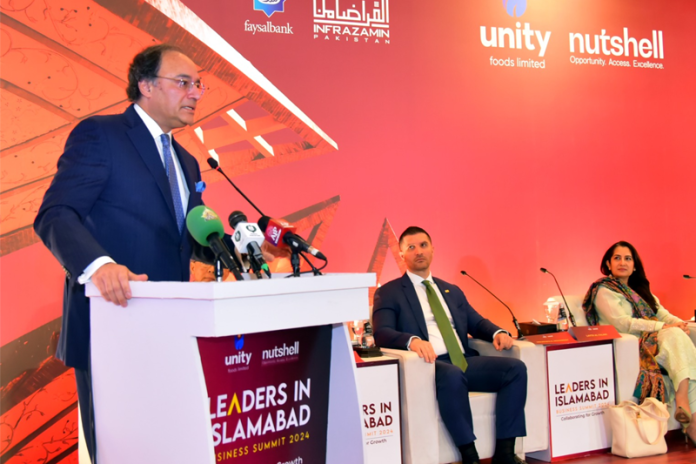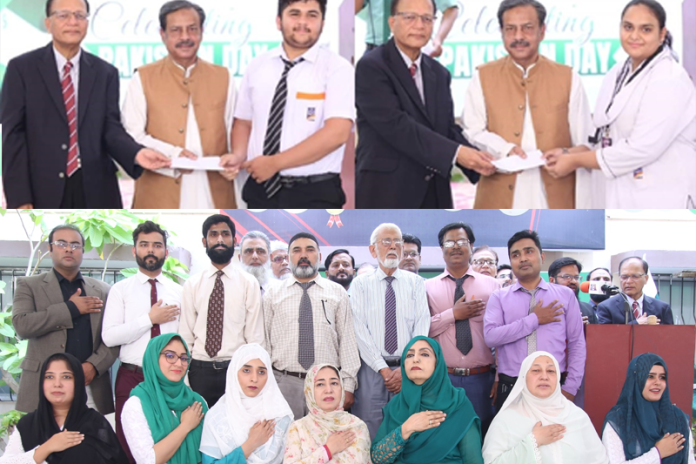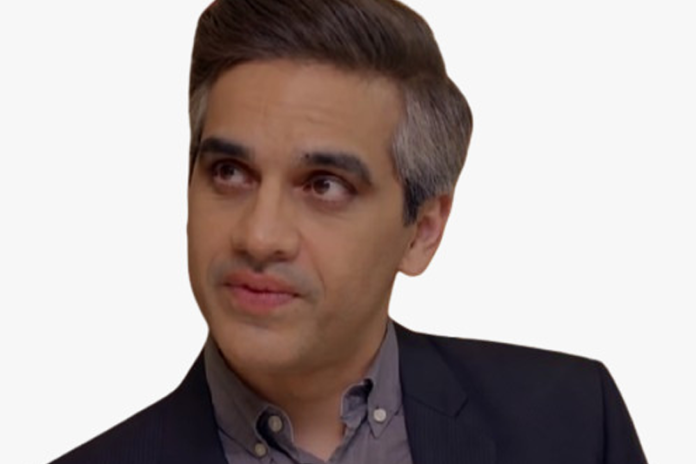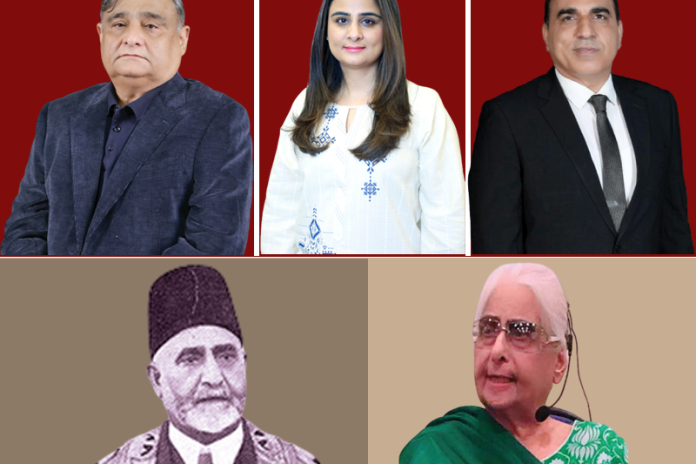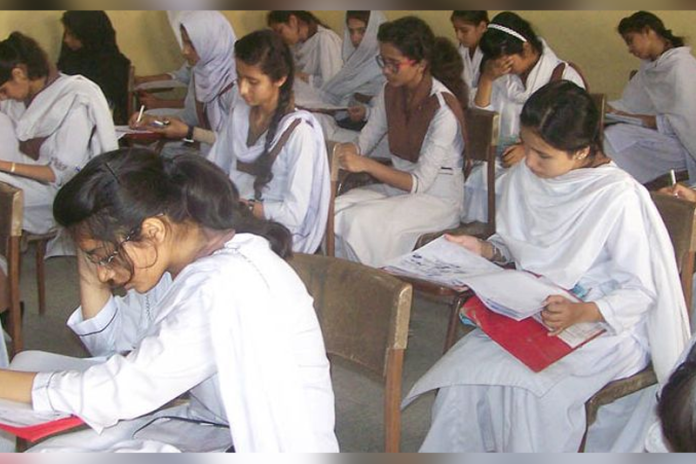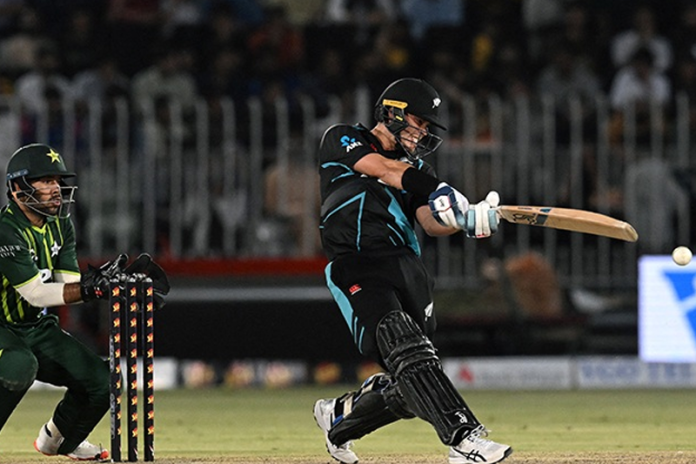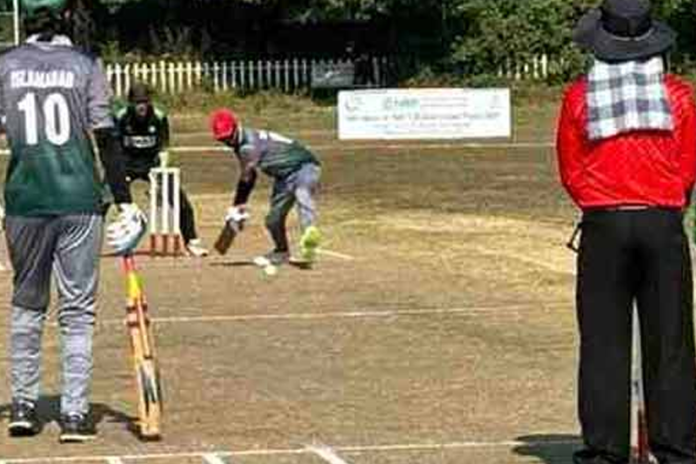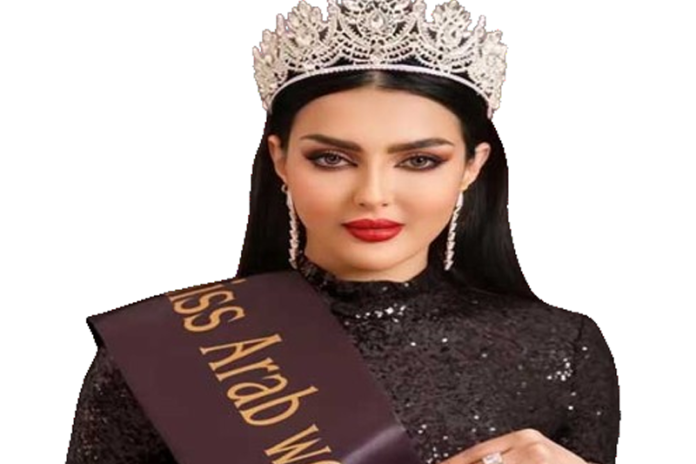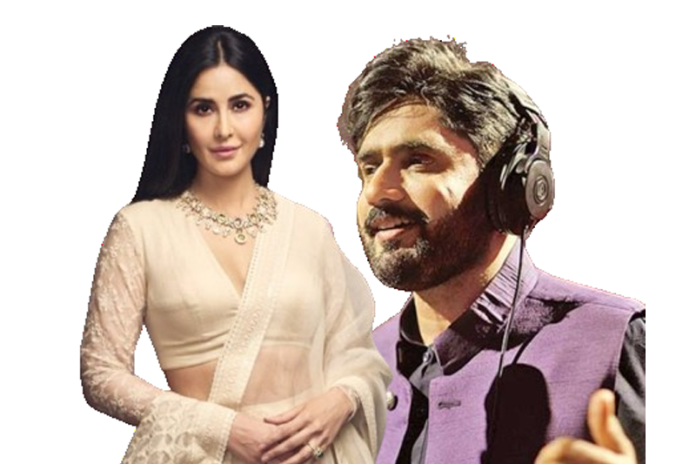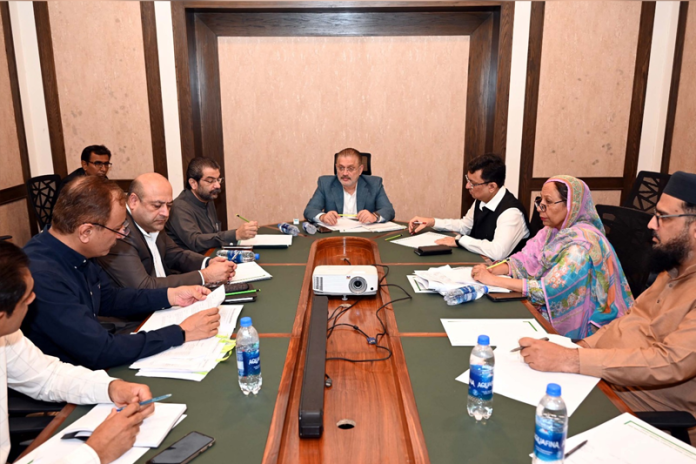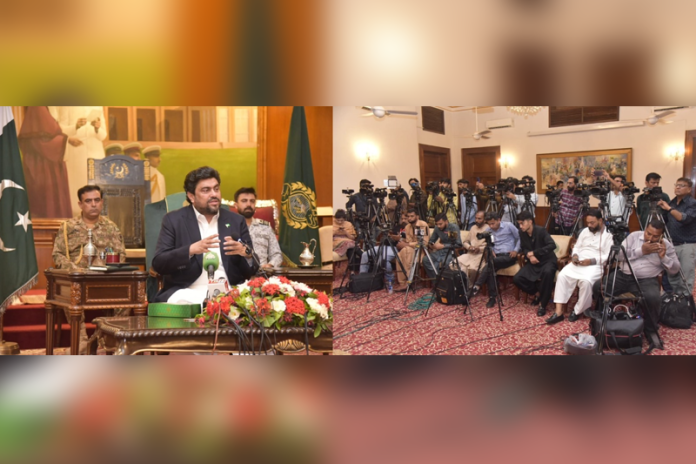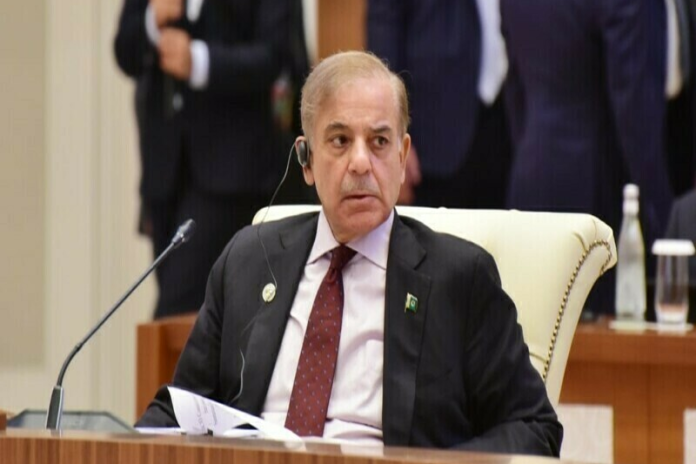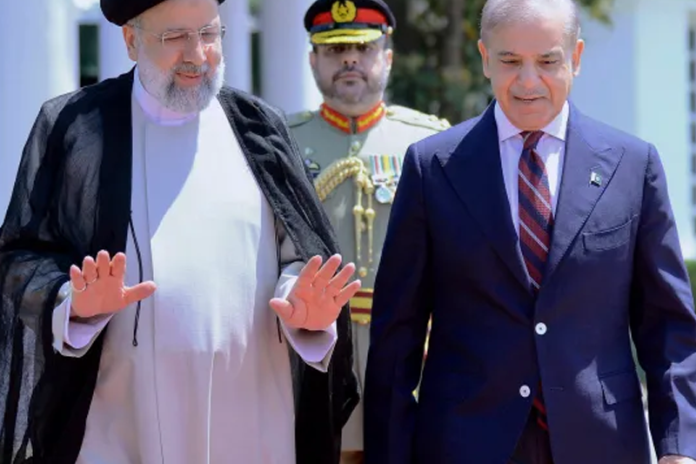Understanding Zakat: a comprehensive guide to Islamic charity
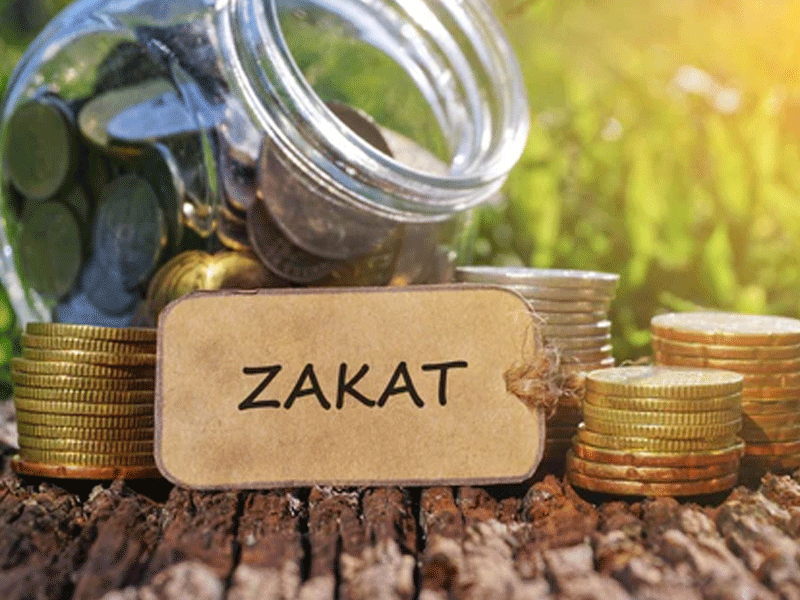
- 60
- 0
Zakat, one of the Five Pillars of Islam, is a fundamental concept in Islamic finance and charity. It's an obligatory form of giving that holds significant spiritual and societal importance for Muslims worldwide. This article aims to provide a detailed overview of Zakat, covering its definition, calculation, beneficiaries, and broader significance in Islam.
What is Zakat? Zakat, derived from the Arabic root "z-k-a," meaning purification, growth, or blessing, is an obligatory form of charity ordained upon financially capable Muslims. It serves as a means of purifying one's wealth and sharing it with those in need, thereby fostering social justice and solidarity within the community.
The Obligation of Zakat: Zakat is mandatory for Muslims who meet specific criteria regarding wealth and assets. It is incumbent upon those who possess wealth beyond a certain threshold, known as Nisab, for a lunar year. The Nisab is based on the value of gold or silver and is subject to change according to prevailing economic conditions.
Calculation of Zakat: The calculation of Zakat involves assessing one's eligible assets, including cash, gold, silver, business inventory, investments, and agricultural produce. After determining the total value of these assets, which must exceed the Nisab threshold, a portion, usually 2.5% (or 1/40), is allocated for Zakat.
Types of Wealth Subject to Zakat:
Monetary assets: Cash, savings, investments, and business profits.
Precious metals: Gold and silver, whether in the form of jewelry, bullion, or coins.
Business inventory: Goods held for trade or sale.
Agricultural produce: Crops harvested from farmland.
Beneficiaries of Zakat: Islam specifies eight categories of individuals eligible to receive Zakat, as outlined in the Quran (9:60):
The poor (Al-Fuqara)
The needy (Al-Masakin)
Zakat administrators (those responsible for collecting and distributing Zakat)
Those whose hearts are to be reconciled (new Muslims or those inclined towards Islam)
Captives or slaves seeking liberation (Riqab)
Debtors struggling to repay their debts
Those in the path of Allah (Fi Sabi Allah) - often interpreted as those engaged in Islamic activism, religious propagation, or community welfare projects
Wayfarers (Ibn Al-Sabil) - travelers in need of assistance
Significance of Zakat:
Spiritual purification: Zakat purifies one's wealth and soul, fostering humility, gratitude, and compassion.
Social justice: Zakat redistributes wealth from the affluent to the less fortunate, addressing economic disparities and promoting social cohesion.
Solidarity and compassion: Zakat strengthens community bonds by encouraging mutual support and empathy towards those in need.
Fulfillment of religious obligation: By fulfilling the duty of Zakat, Muslims express their obedience to Allah's commandments and demonstrate their commitment to Islamic principles.
Zakat stands as a cornerstone of Islamic finance and charity, embodying principles of generosity, justice, and compassion. By fulfilling this obligatory act of giving, Muslims uphold the values of social responsibility and solidarity, contributing to the welfare and prosperity of society as a whole.
Published in The Daily National Courier, March, 13 2024
Like Business on Facebook, follow @DailyNCourier on Twitter to stay informed and join in the conversation.

